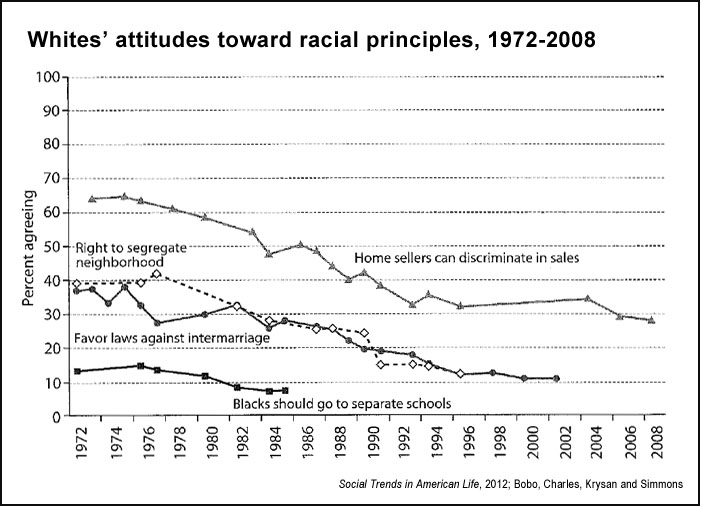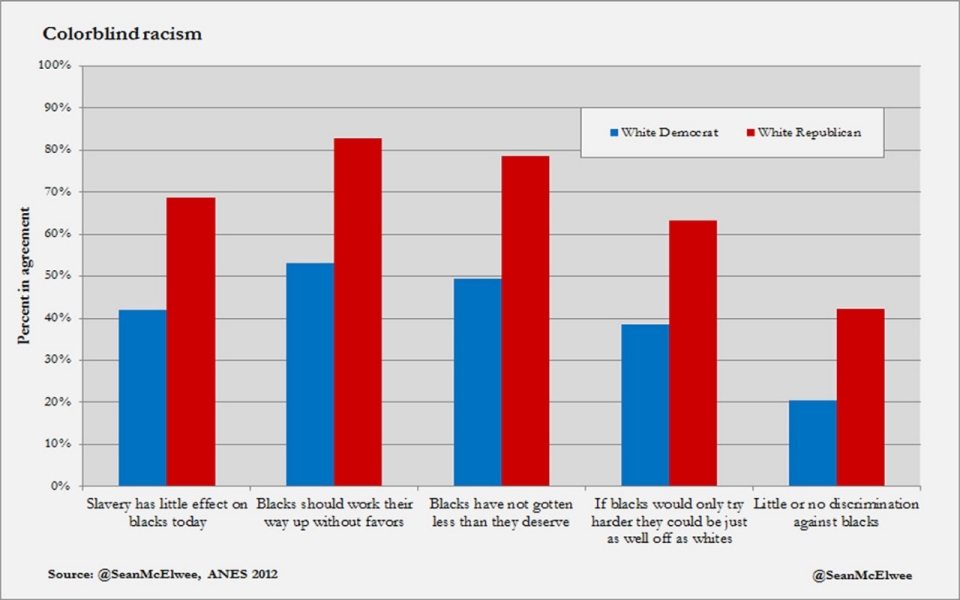https://www.socialstudies.com/c/article.html?article@rosaparks
Actually Rosa Parks was a social Justice warrior, this is yet again a case of re-envisioning history. The entire incident was purposely staged and the incident that prompted it was ironically this:
Rosa Parks was not the first woman in Montgomery to refuse to get out of her seat so a white man could be comfortable.
"Rosa was aware...that in the last twelve months alone three African-American females had been arrested for the same offense. One incident made the newspapers in March; it even happened on the same bus line. Of four black passengers asked to surrender their seats in no-man's land, two refused--an elderly woman and fifteen-year-old Claudette Colvin. 'I done paid my dime,' Colvin had said. 'I ain't got no reason to move.' The elderly woman got off the bus before police arrived. Colvin refused to move, so police dragged her, fighting and crying, to the squad car, where she was rudely handcuffed..."
"Colvin was charged with violating the city segregation law, disorderly conduct, and assault. With the NAACP defending her, she was convicted but fined only for assault, the most absurd of the three trumped-up charges. It was a shrewd ruling; it sent a tough message to blacks while avoiding an NAACP appeal of a clearly unconstitutional law. Afterward, E.D. Nixon, former Pullman porter and [now] president of the local NAACP chapter, met with the indignant young Colvin to determine if she might make a strong plaintiff in a test case. But she had recently become pregnant, which spelled trouble; Nixon knew that Montgomery's church-going blacks would not rally behind an immature, unwed, teenaged mother who was also prone to using profanity."
In this more complicated version of the story,
Rosa Parks is no mere seamstress tuckered out from pressing pants. She has also been for many years a volunteer for the local chapter of the NAACP. She is, in fact, E.D. Nixon's secretary. She knows all about Claudette Colvin and the other women who have been arrested for refusing to give up their seats. She knows when she gets on that bus that E.D. Nixon is looking for a test case, a case he can take all the way to the Supreme Court. What Rosa doesn't know--not until bus driver James Blake, a man Rosa has despised ever since he threw her off the bus in a similar incident ten years earlier, yells, "All right, you niggers, I want those seats"--is that she is not going to be a secretary in the case, but the defendant.
More importantly is the context of not all people agreeing with the protests.
But the most important difference between the myth and the reality of the Rosa Parks story lies in what happened after Rosa said no--the bus boycott. In the myth, it seems to happen as if by magic: Rosa gets off the bus, and all black America gets off the bus with her. The fact that her courage instantly inspires everyone seems at once a miracle and also the most natural thing in the world.
It didn't necessarily work that way. Vernon Johns, the fiery black activist pastor of Dexter Avenue Baptist Church, who was succeeded in his ministry by Martin Luther King, Jr., once tried to start a bus boycott:
"Johns, then in his sixties and frail, boarded a Montgomery bus and accidentally dropped the dime fare near the driver's feet. 'Uncle,' the driver threatened, get down and pick up that dime and put it in the box.' Johns snapped back, 'I've surrendered the dime. If you want it, all you have to do is bend down and pick it up.' The driver was surprised. He ordered Johns to pick up the dime or get thrown off the bus. Johns calmly turned to the busful of black passengers and suggested they all get off the bus with him, in protest. But no one moved; they were too afraid. Later, when telling [Ralph] Abernathy this story, Johns concluded disgustedly, 'Even God can't free people who act like that.'"




